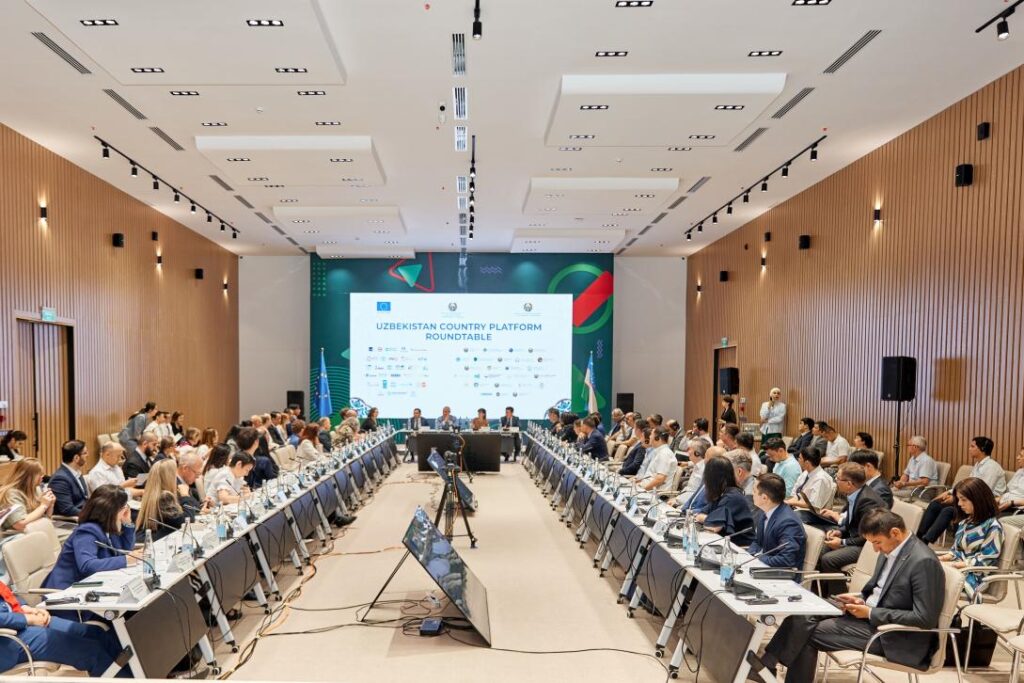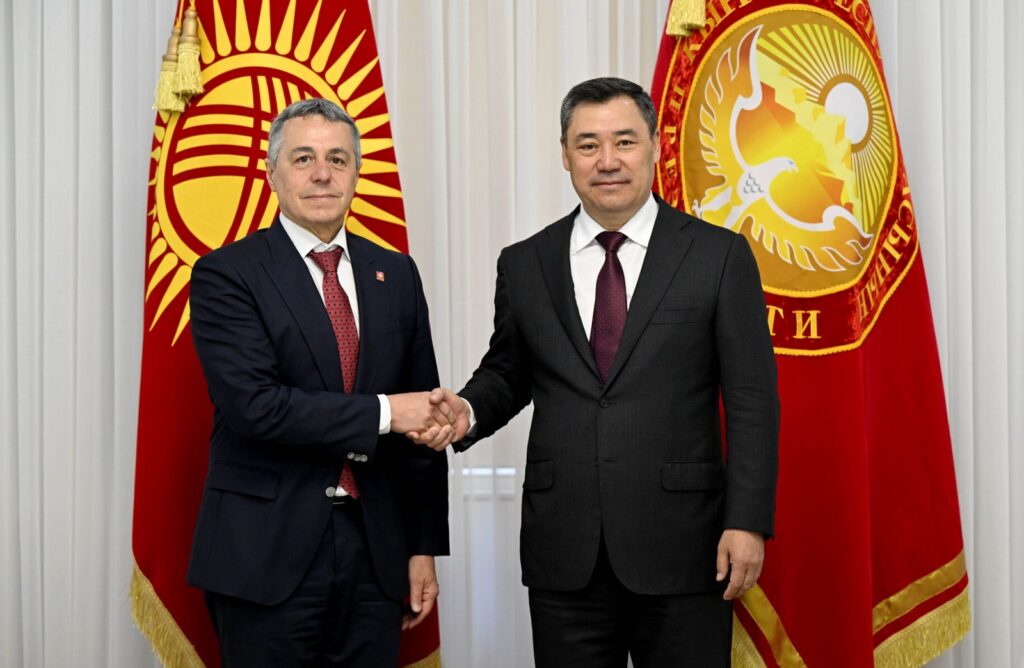USAID Equips Mega Fruit Storage Facility in South Kyrgyzstan
The United States Agency for International Development (USAID) has helped Kyrgyzstan’s Nookat Almasy Cooperative open the largest cold storage facility in the Nookat district of the southern Osh region. Deputy Chairman of the Cabinet of Ministers of the Kyrgyz Republic Bakyt Torobaev and USAID Mission Director in the Kyrgyz Republic Kaya Adams attended the facility’s opening ceremony. As reported by the U.S. Embassy in Kyrgyzstan, the new facility will generate 200 full-time jobs and assist local farmers in marketing and expanding sales of their produce. Thanks to cooling equipment worth $78,400 from USAID, the Nookat Almasy Cooperative’s new facility can now store locally grown apples and raspberries for up to four months. By extending their shelf life and enabling farmers to sell at a higher price when market conditions improve, the enhanced storage will help maintain market stability and ensure a reliable and consistent food supply throughout the year. Since 2018, the U.S. government has helped establish over 20 new cold storage facilities in southern Kyrgyzstan, more than doubling capacity to reach 12,500 tons, decreasing food spoilage by 40%, and creating income-generating activities for over 4,000 local farmers.






